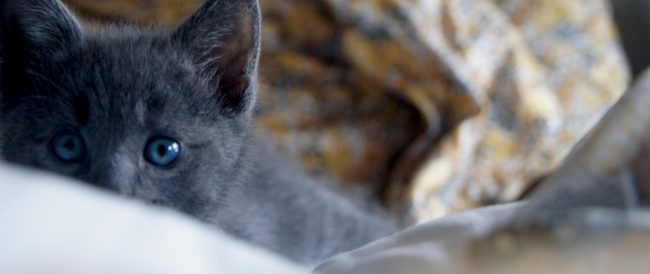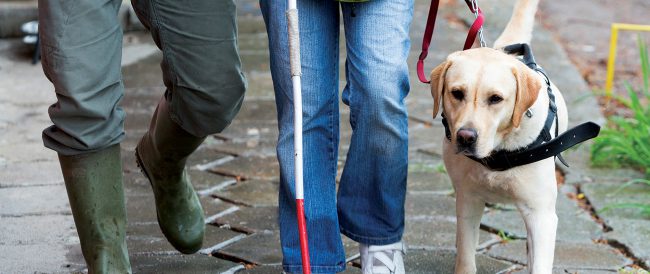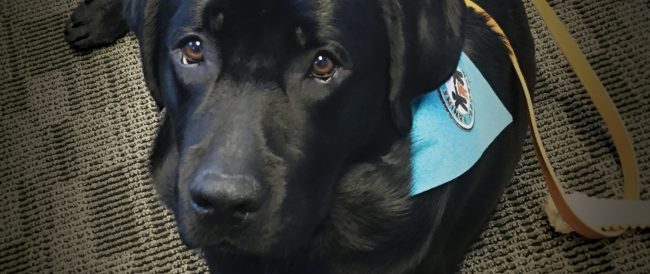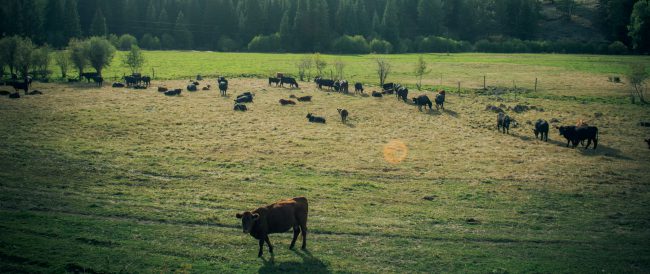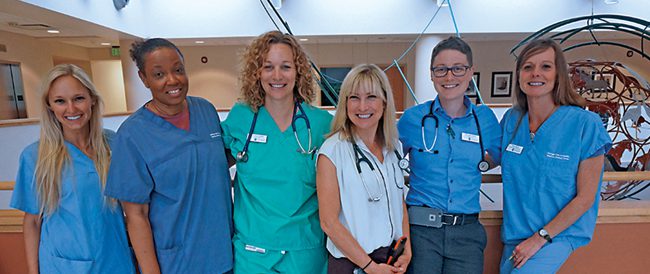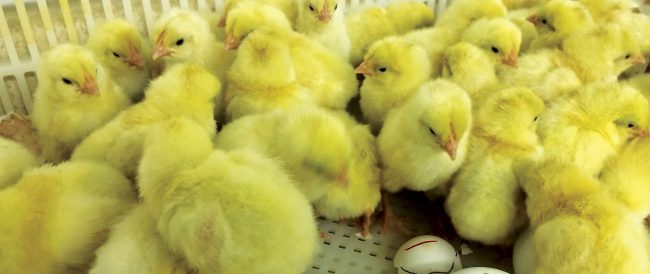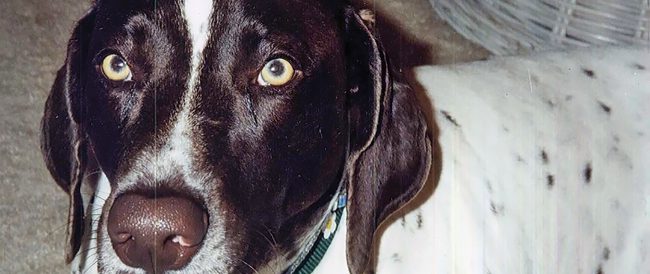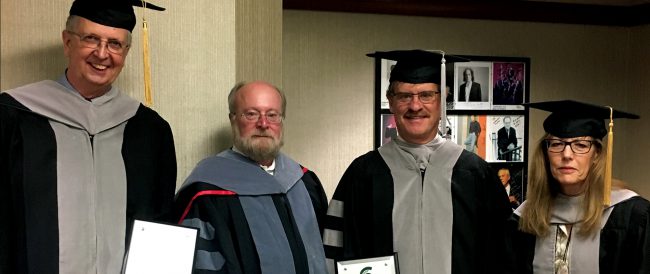 Read More
Read More
This fall, the College’s DVM class of 2022 is the inaugural class for the reinvented curriculum. This innovative, competency-based curriculum represents a completely new approach to veterinary medical education at MSU. Competency-based veterinary education (CBVE) is outcomes-based and learner-centered, and designed to prepare graduates for professional careers by confirming their ability to meet the needs of animals and the expectations of society. Critical components of the new curricular design demonstrate a focus on integration and application of career-ready veterinary knowledge. In order to help students learn how to manage their wellbeing throughout their veterinary medical careers, wellness, in all its dimensions, also is a key element of the redesign and an expected DVM graduate competency.

Using a flipped classroom model, the College’s faculty have implemented a knowledge-in-action philosophy for how students will learn. A flipped classroom means students are introduced to the knowledge content prior to meeting in the classroom, often online, and then, students work through the content using active learning approaches with their faculty and classmates. The active learning practices include laboratories, clinical case studies, and simulation to reinforce and integrate the knowledge in veterinary career-relevant settings.

The importance of the human-animal bond will be integrated throughout the new curriculum in courses like the new first-year course, VM 515 Animals in Society, and a series of courses about One Health in semesters 1–5. Animals in Society focuses on how veterinarians interact with diverse values within society, and how that impacts their interactions with people and animals. By the end of the course, students will be able to articulate the roles veterinarians play in safeguarding the welfare of animals and explain the roles and duties of veterinarians in society.

The One Health course series focuses on understanding how human, animal, and environmental health are inextricably linked, and is a critical component of the human-animal bond. Examples of specific course topics include the understanding of social issues that impact veterinary medicine, societal views of animals and veterinary medicine, and the human-animal bond in disaster response. The understanding of specific course topics will be integrated with the development of basic clinical skills including recognizing normal animal behavior, understanding agricultural production systems, and practicing evidence-based veterinary medicine.

These courses are led by Dr. Janice Swanson, director of Animal Welfare for the MSU College of Agriculture and Natural Resources’ Department of Animal Science and professor for the College’s Department of Large Animal Clinical Sciences, and Dr. Melinda Wilkins, associate professor of One Health, Public Health, and Global Health Education in the College’s Department of Large Animal Clinical Sciences.

Examples of specific course topics include:
- Understanding social issues that impact veterinary medicine
- Knowing the societal views on animals and veterinary medicine
- Recognizing the role of veterinarians in local, national, and international regulatory processes
- Understanding zoonoses (diseases transmitted between animals and humans)
- Examining the human-animal bond in disaster response
- Knowing the legal status of animals
- Understanding animal behavior and animal welfare
This will be integrated with development of basic skills, such as:
- Recognizing normal animal behavior
- Practicing appropriate restraint for multiple species
- Exploring animal husbandry for different species
- Understanding agricultural production systems
- Implementing infection-control practices
- Practicing evidence-based veterinary medicine
Combining interactions with animals with broad concepts of the role and responsibilities of veterinarians in support of the human-animal bond will develop a meaningful, lifelong passion and sense of societal responsibility in MSU graduate veterinarians.
Julie Funk, DVM, MS, PhD, is the associate dean for Professional Academic Programs and Student Success and a professor at the MSU College of Veterinary Medicine.
Big and Small: The Blooms Help All Animals
Susan and Paul Bloom’s passion for animals is immediately apparent to anyone visiting their residence in Northfield Township, Michigan; cats, a dog, horses, a goat, sheep, and donkeys all call the property their home. But, the Blooms’ bond with animals has affected more than just their own lives and the lives of their own animals; it also has impacted the lives of the MSU College of Veterinary Medicine community.
The Blooms met as undergraduates at MSU, and ever since Paul graduated with his DVM in 1976, they have maintained a close relationship with the community. In addition to hosting the College’s students for their dermatology rotation at Paul’s Allergy, Skin, and Ear Clinic for Pets in Livonia, Michigan, the Blooms also provide financial support to humans and animals alike.
After establishing a scholarship fund for students in memory of Paul’s mother, Frances Fisher, the Blooms wanted to continue to show their love of animals in a more direct way. They turned to the MSU Veterinary Medical Center to help support clients who may be in financial need.
Previously, the Hospital had funds to help treat small companion animals, but no funds for large animals. With their diverse family of outdoor animals, the Blooms understood that the connection between owners and their animals has nothing to do with size. To help remedy this, they established The Bloom Fund to support the care of large companion animals.




